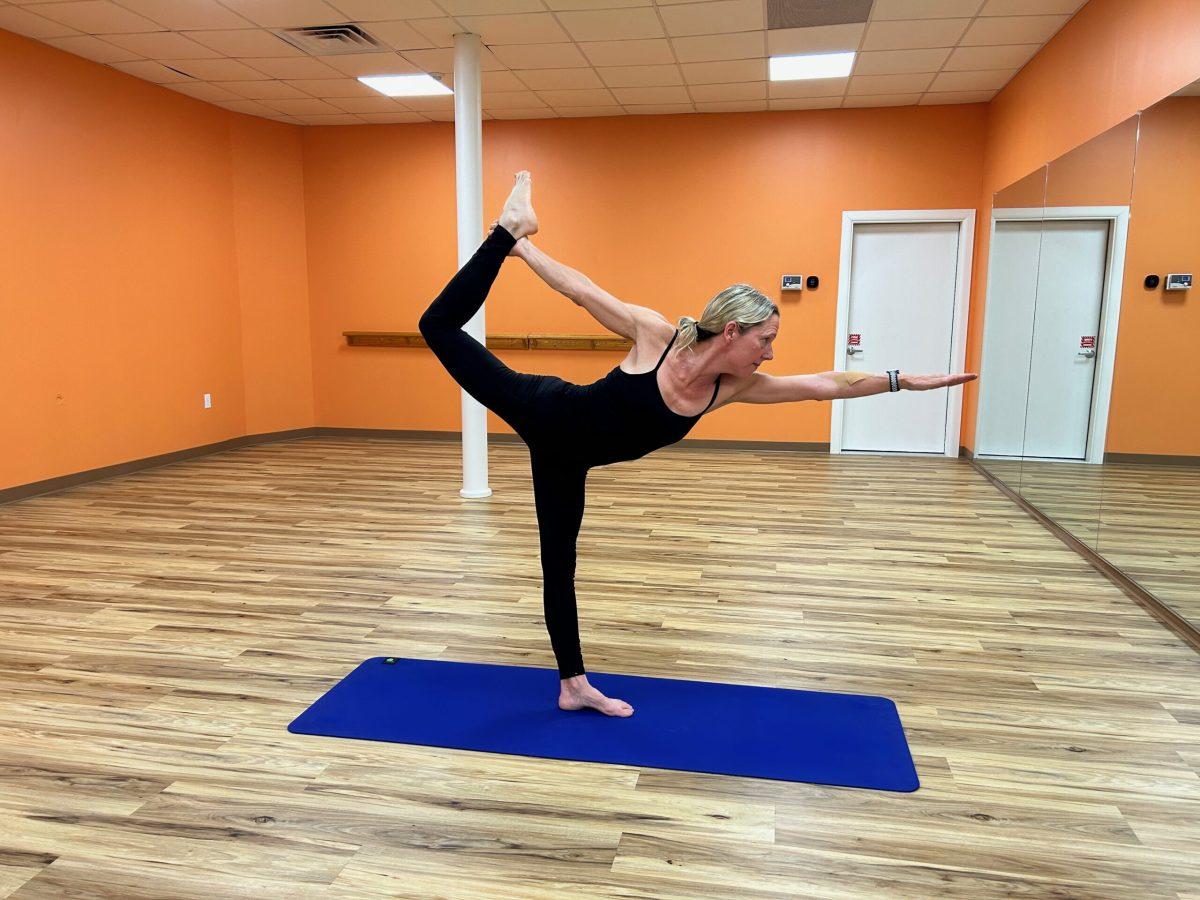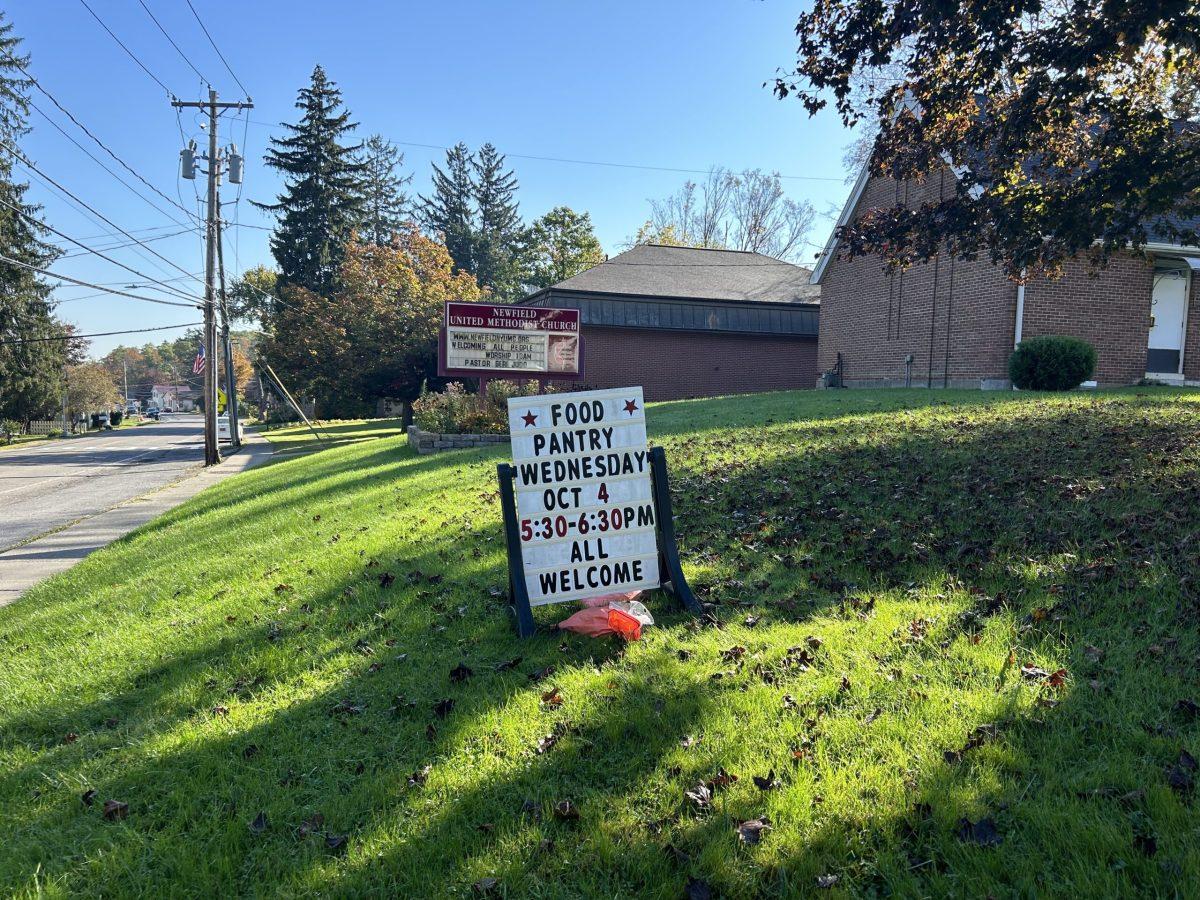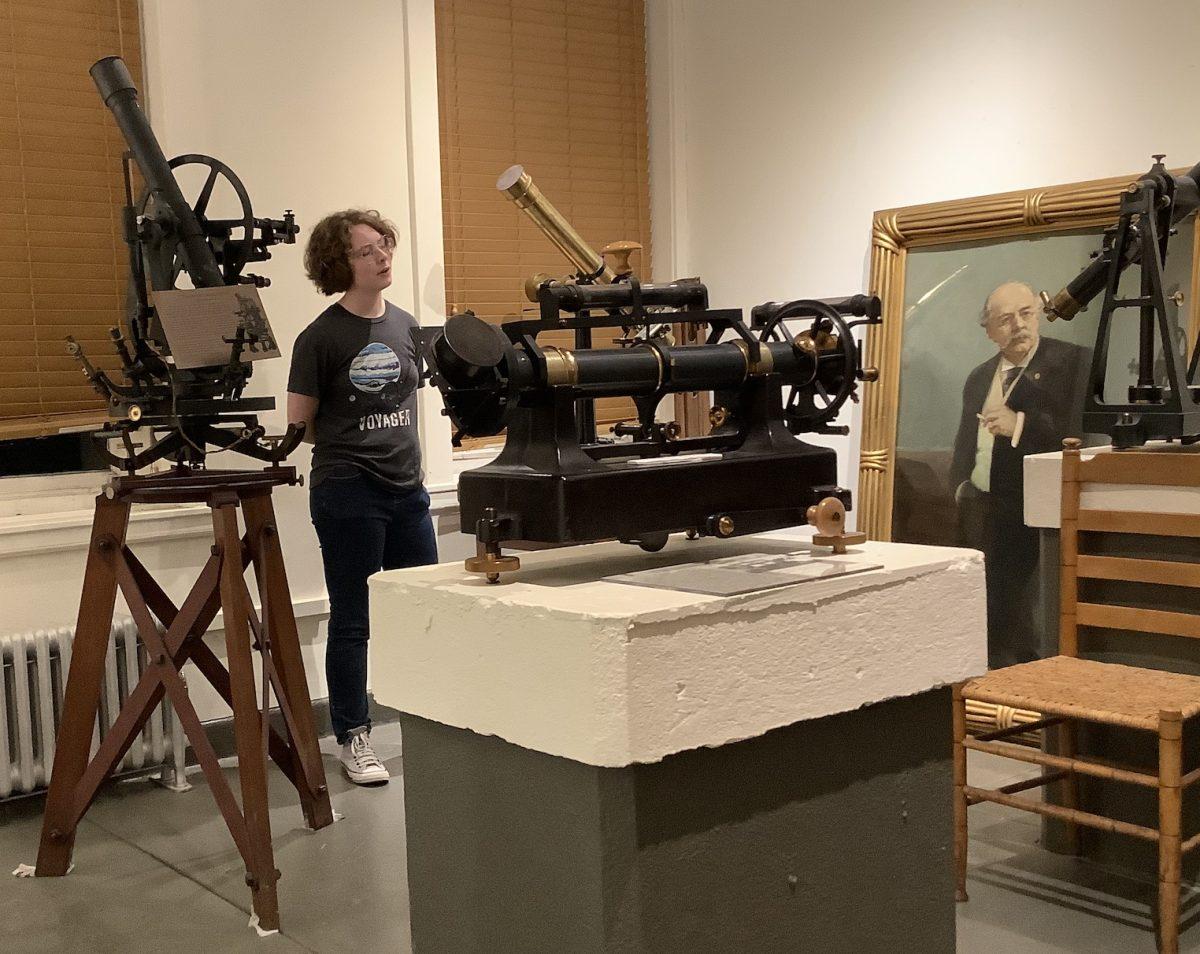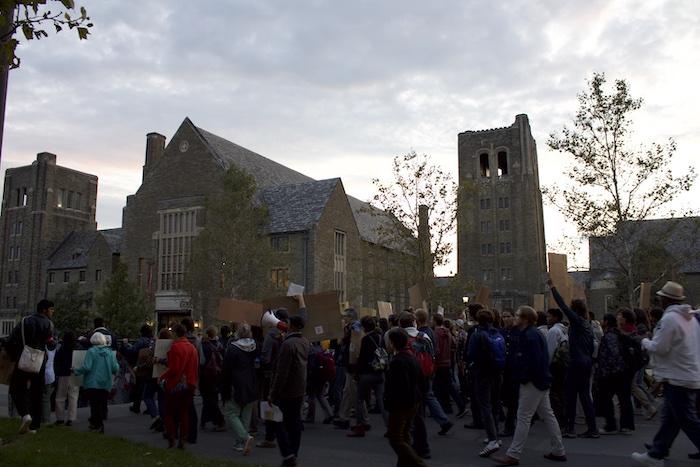By Mary Ford and Rachel Wolfgang
While driving or walking through Ithaca, New York, it is likely you’ll still see signs and bumper stickers supporting Bernie Sanders. The signs remain as a visual reminder that Sanders received 62 percent of the vote in the Democratic primary in Tompkins County last year.
In Oct. 2015, Ithaca Mayor Svante Myrick, one of the superdelegates of the 23rd district of New York, cast his vote for Hillary Clinton as the candidate to represent that Democratic Party. His choice resulted in dissenting opinions in the Tompkins County constituency, however some Tompkins County residents respected Myrick’s endorsement as a personal choice. Tom Girshin, assistant professor of writing at Ithaca College, supported Myrick’s choice.
“I can somewhat understand if people are really kind of voting for or supportive of Bernie. It can seem like he’s not representing the people,” Girshin said. “But, you know, a superdelegate, from my understanding, can vote any way he or she wants to.”
Other voters such as Jennifer Spitzer, assistant professor of English at Ithaca College and Ithaca resident, were somewhat disappointed by Myrick’s vote.
“So in all sorts of ways I am a huge supporter of the mayor. I was a little personally disappointed that he wasn’t endorsing Bernie Sanders because I was very much a proponent of Sanders and skeptical of some of the statuesque positions of Clinton,” she said.
Anna Wang, a senior Industrial Labor Relations major at Cornell University and Ithaca resident, also expressed her disappointment.
“He’s branded himself as the people’s mayor like if you go to his city hall, his lot is just benches you can sit on, and there’s listening posts everywhere,” Wang said. “And you know he’s like a young guy. He went to Cornell. So I think just putting yourself so at the forefront of like ‘I’m the people’s mayor,’ and then voting against the vast majority of Tompkins County voters’ support is a little bit confusing I guess for his constituents.”
However, she also admitted she could see political reasons for Myrick’s endorsement of Clinton.
“Someone actually at the kitchen that I work for was saying that if he has political aspirations, it was a smart political move for him. And he’s 20-something, like, he’s going to go on to bigger things in politics, so I see why he would be motivated to do that,” she said.
When interviewed by The Ithaca Voice about his choice, Myrick said he voted according to his personal opinion rather than the opinion submitted by voters in Tompkins County.
“An endorsement is a very personal thing … I don’t think it weighed on me too much that this was Bernie Sanders country,” he said.
To The Ithaca Voice, Myrick also defended his support for Clinton saying Clinton will continue the legacy left by President Barack Obama and change how women are perceived in politics. Over the past year, Myrick has continued to campaign for Clinton and has spent time in Pennsylvania in order to talk to undecided voters in the swing state south of New York.
In the primary, voter turnout was high at 28.5 percent of eligible voters even though it did not break a record established in 2008 according to the Pew Research Center. Regardless of Sanders’ resignation from the Presidential race, Wang said she hopes people will still act on their civic duty and right to vote.
“I think it’s really important to vote. A lot of people say ‘Oh New York is going to be whatever,’ but I think it’s important to vote,” she said. “We’re lucky to be Americans, so like you might as well take advantage of your civic duty.”
Girshin agreed voting is an important step in shaping the future of the United States, despite his skepticism of the Republican and Democratic candidates on this year’s ballot.
“I’ve voted in every election since I became eligible to vote and every presidential election, certainly. I might have missed a local election or two, because I’ve been moving around and stuff like that,” he said. “I think there’s a big difference between Trump and Hillary. So I think the vote matters. I’m not saying it doesn’t matter, but as far as creating any kind of real change, I mean, I’m not optimistic that either candidate would do very much to do … to make changes — progressive changes.”






